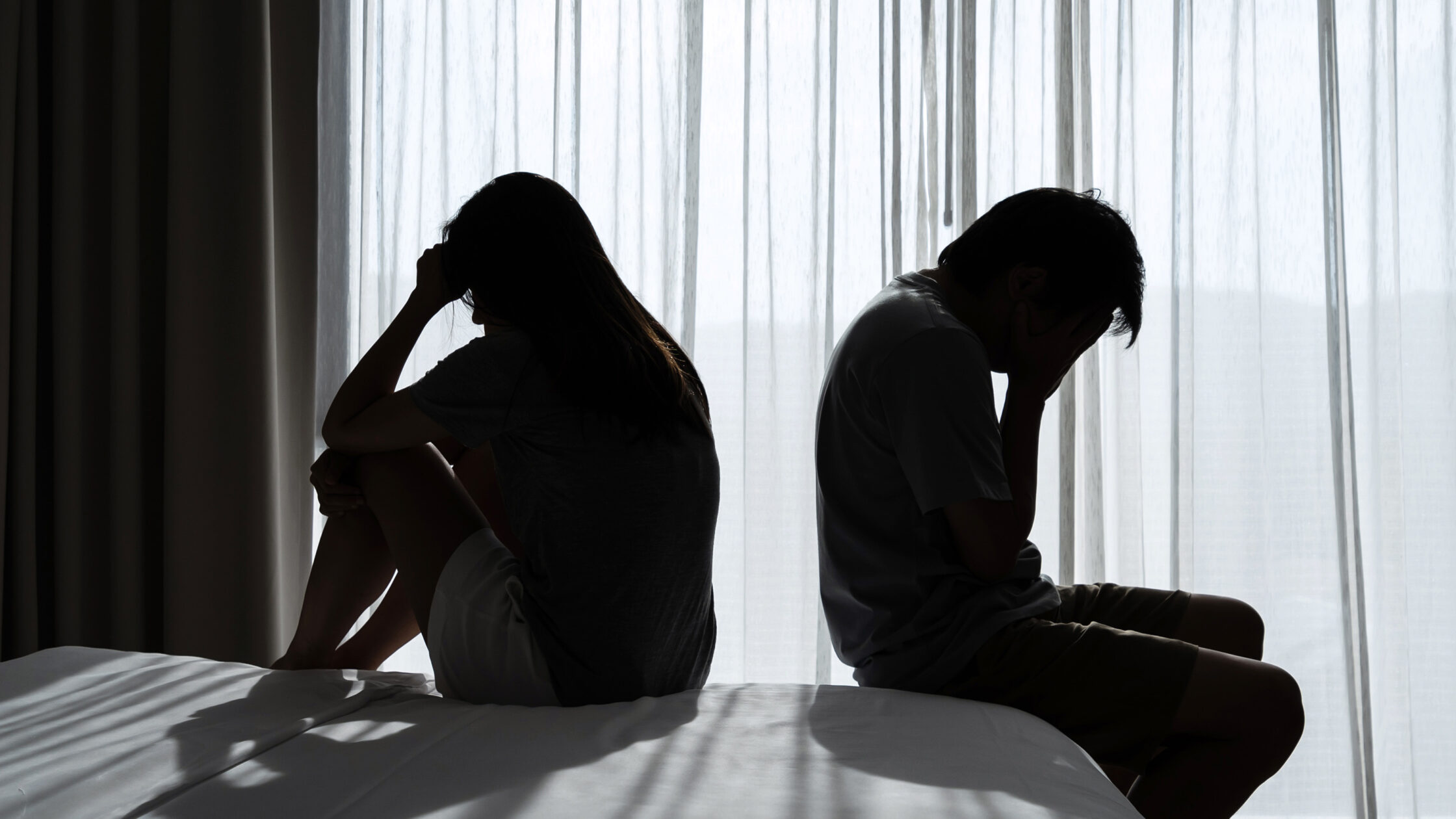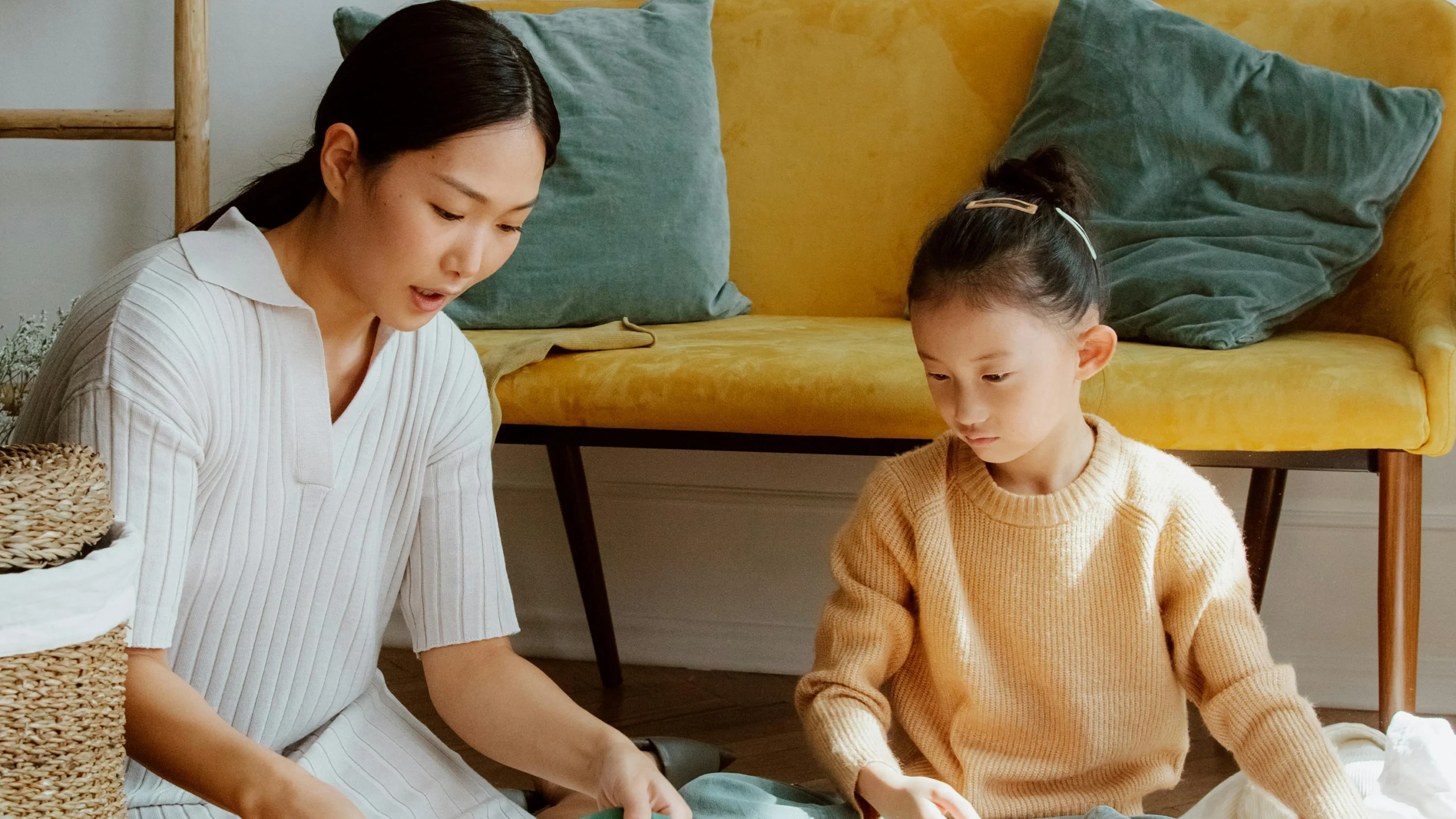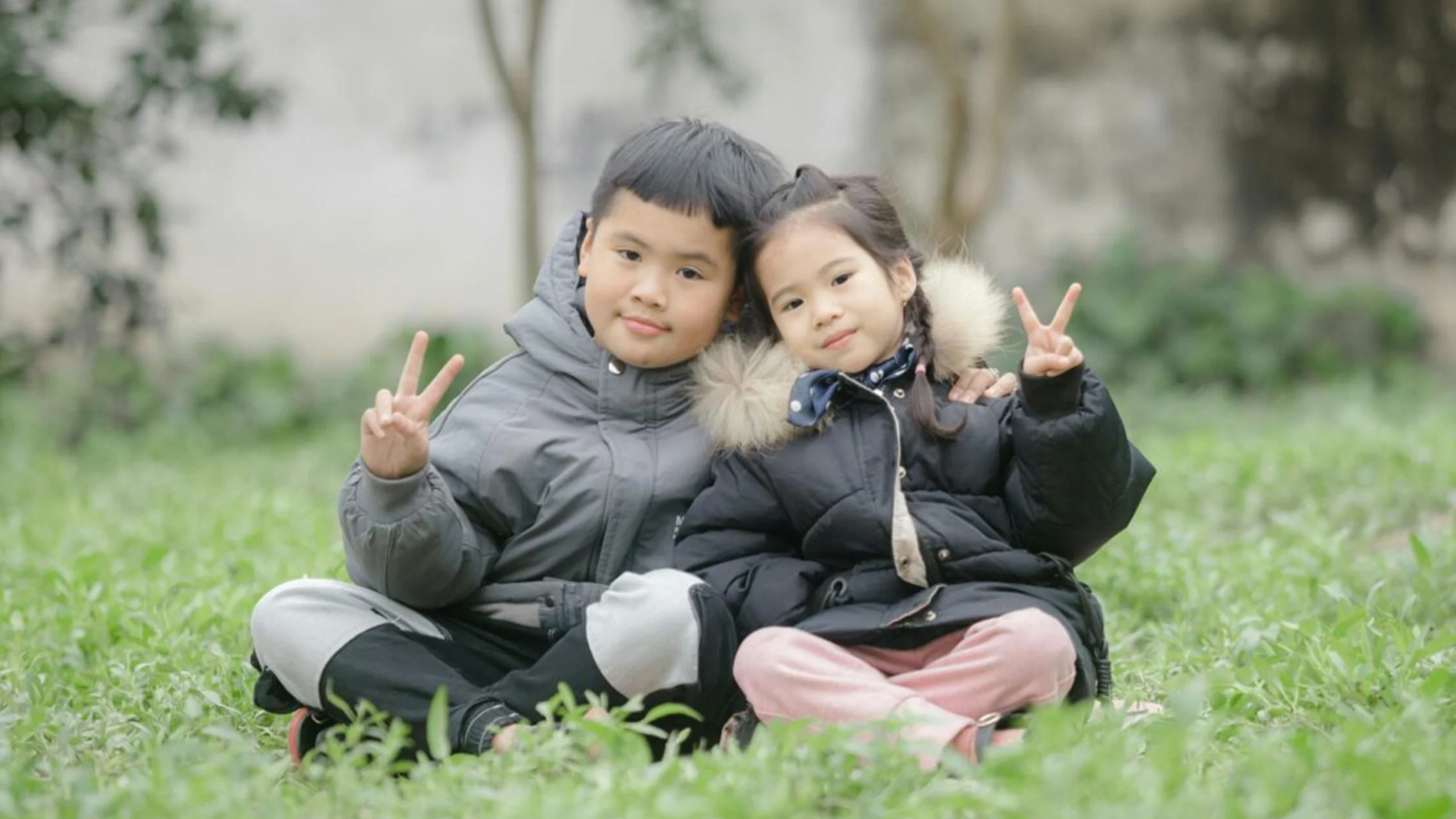Why October is Mental Health Awareness Month
October isn’t just for Halloween but for Mental Health Awareness Month, too!
While our physical health is easy to address, mental health unfortunately takes the back burner because of the many things we need to address. Whether it’s homeschooling requirements, juggling family dynamics with the in-laws and extended family, or work, these take a toll on our mental health since we’re forcing our minds to think on multiple levels and to multi-task. But for this October, as we celebrate Mental Health Awareness Month, perhaps, it’s time we ask one another: “How are you?”/ “Kamusta ka?”
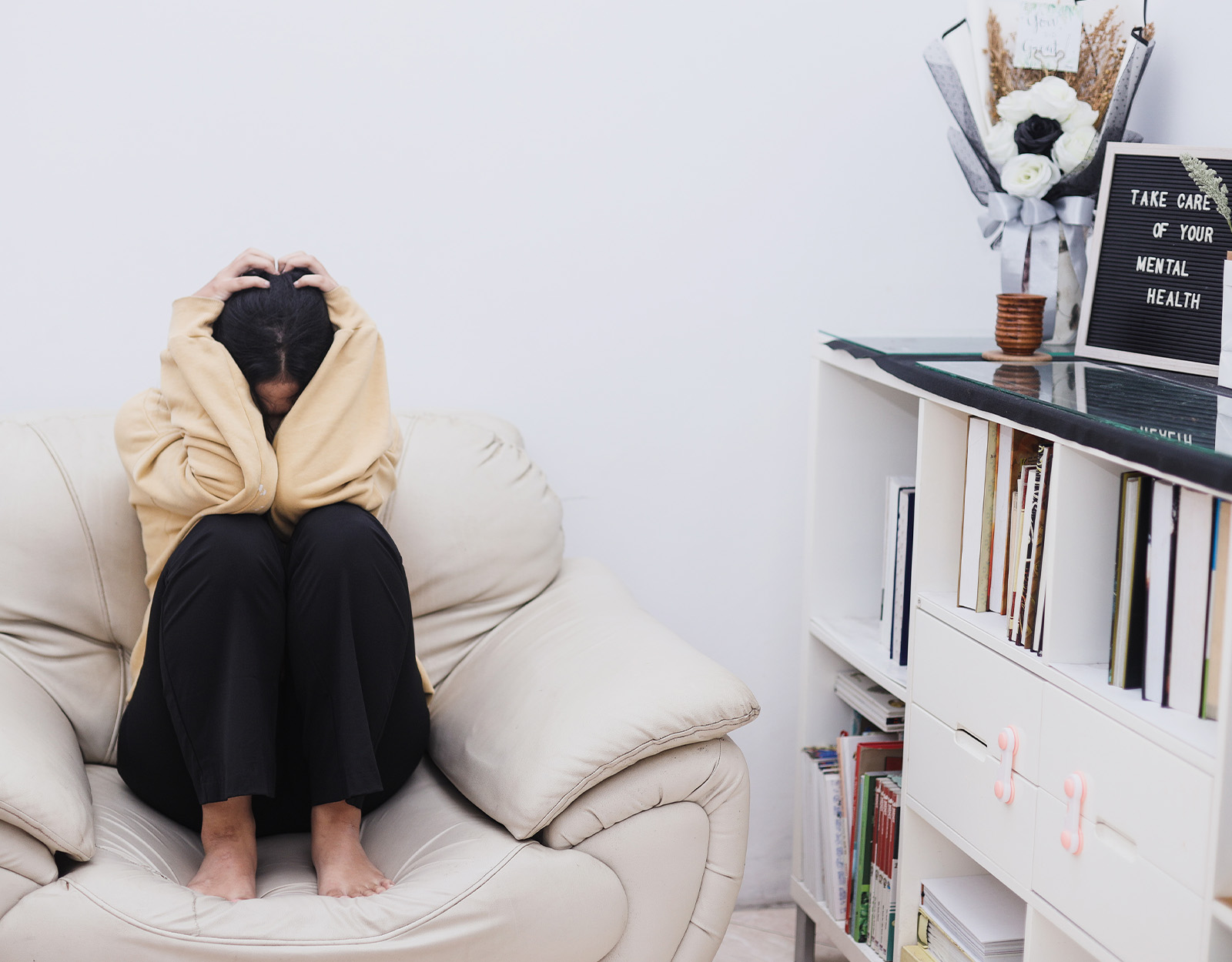
When did Mental Health Awareness Month in the Philippines start?
Although the United States holds its Mental Health Awareness Month in May, the Philippines initially had its Mental Health Awareness as a week-long celebration in the second week of October. Based on Proclamation 452 former President Fidel V. Ramos certified in 1957, he saw the economic and diplomatic benefits of celebrating this awareness in the Philippines. Proclamation No. 452 revised Proclamation No. 432 which celebrated Mental Health Awareness in January.
Eventually, the Department of Health suggested that Mental Health Awareness become a month-long celebration instead of a week-long one to help the Philippine population become more aware of unseen health battles.
What do people do in Mental Health Awareness Month anyway?
Last year, many organizations recognized the month by holding smaller celebrations. The Philippine Mental Health Association has various chapters across the country with the Cordillera Chapter celebrating last year by wearing blue. This was in line with the campaign “Light Up In Blue,” introducing the cool color as one of the selected shades to symbolize mental health besides green.
Other organizations that offer mental health services advertised more of their services. Various forms of counseling, therapy, processing, and even studies that were funded by the Department of Science and Technology (DOST) came to light, further enlightening Filipinos about diseases that are invisible to the naked eye.
All this was in hopes of removing the stigma on mental health, which Filipinos often dismiss as a problem in one’s spirituality and relationship with God. A lot of times, that comment is what drives a wedge in families, especially between kids and their parents. Telling them to “pray” shows dismissal instead of the empathy that we’re supposed to be expressing as parents.
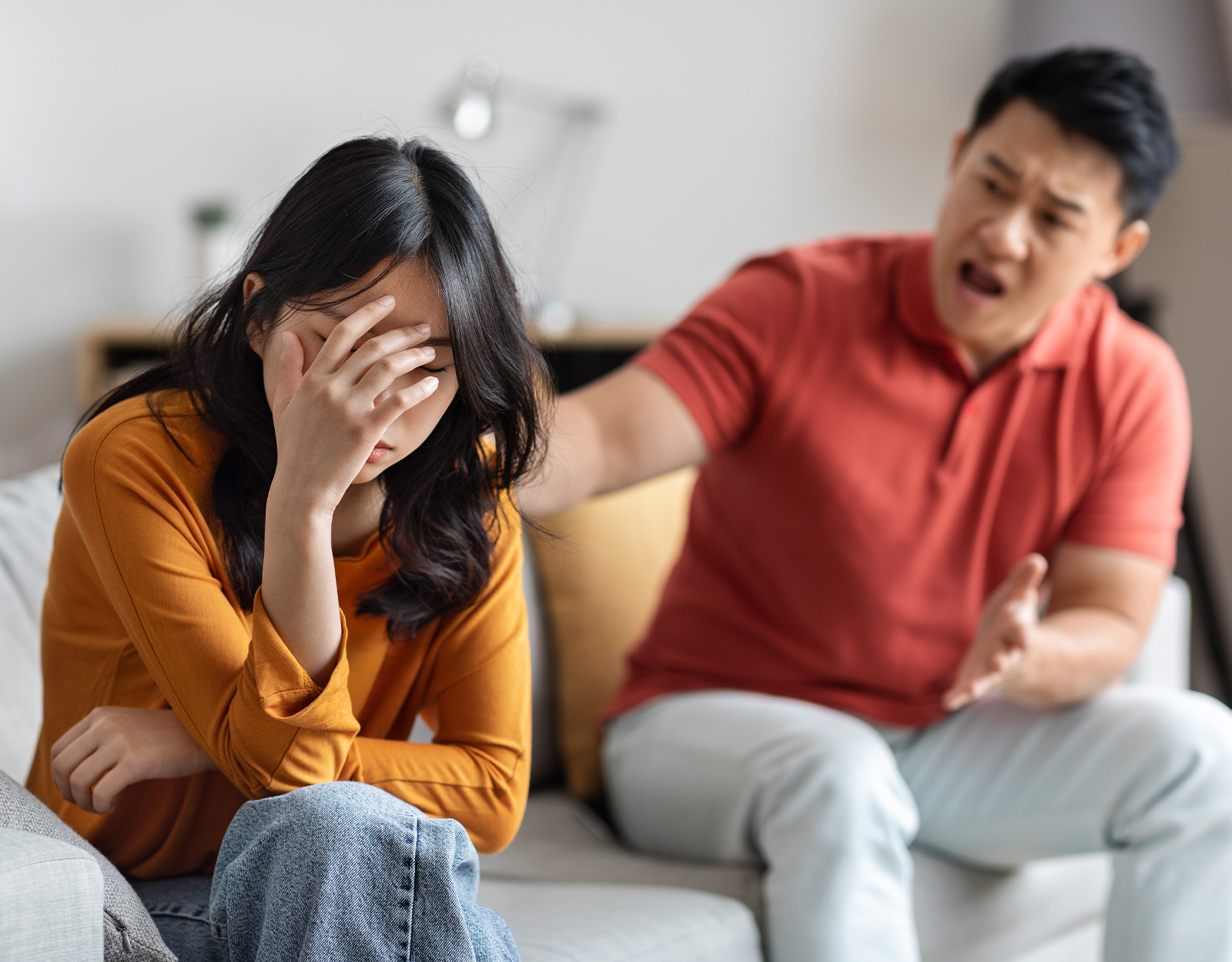
How our cracks eventually turn into leaks
As parents, we always try our best to soldier on, despite our feeling bad. But even the most resilient person cannot suppress those feelings. They eventually do leak, subconsciously influencing even our mannerisms. We could be placing the plates on the counter a lot harder than usual, almost akin to a banging. Our choice of words could be sharper than usual when we critique because we’re irritable, although we try to rationalize it as being “candid” and “honest” with our children so they’ll find more ways to improve.
But our well-meant intentions are not always interpreted properly. For children cannot see what we’re feeling, especially at younger ages. Because their views are still “black and white” and developing, they will perceive our sharpened words as rejection. Sure, we didn’t mean to hurt them. But because we chose to suppress and disregard our own inner pain, it leaks out subconsciously to find release so we can still push forward as parents.
Thus for Mental Health Awareness month, perhaps we should keep in mind an adage: “Your voice becomes your child’s inner voice.” From every critique and every praise, it’ll be the one our children will hear even when we’re not there.
A month that calls for inner peace, empathy, and compassion
We all have our own battles but our losing of one gives us no right to unleash our grief on others without permission. There are ways to establish a safe space like asking permission from a friend to express yourself or finding a socially acceptable outlet like music, art, writing, etc. But when someone approaches us to talk about their mental health, it means they’re placing their trust in us. When our kids tell us that they’re sad, we need to restrain ourselves from telling them that “there’s nothing wrong” or immediately seeing ourselves as a “villain.” They’re coming to us because we make them feel safe.
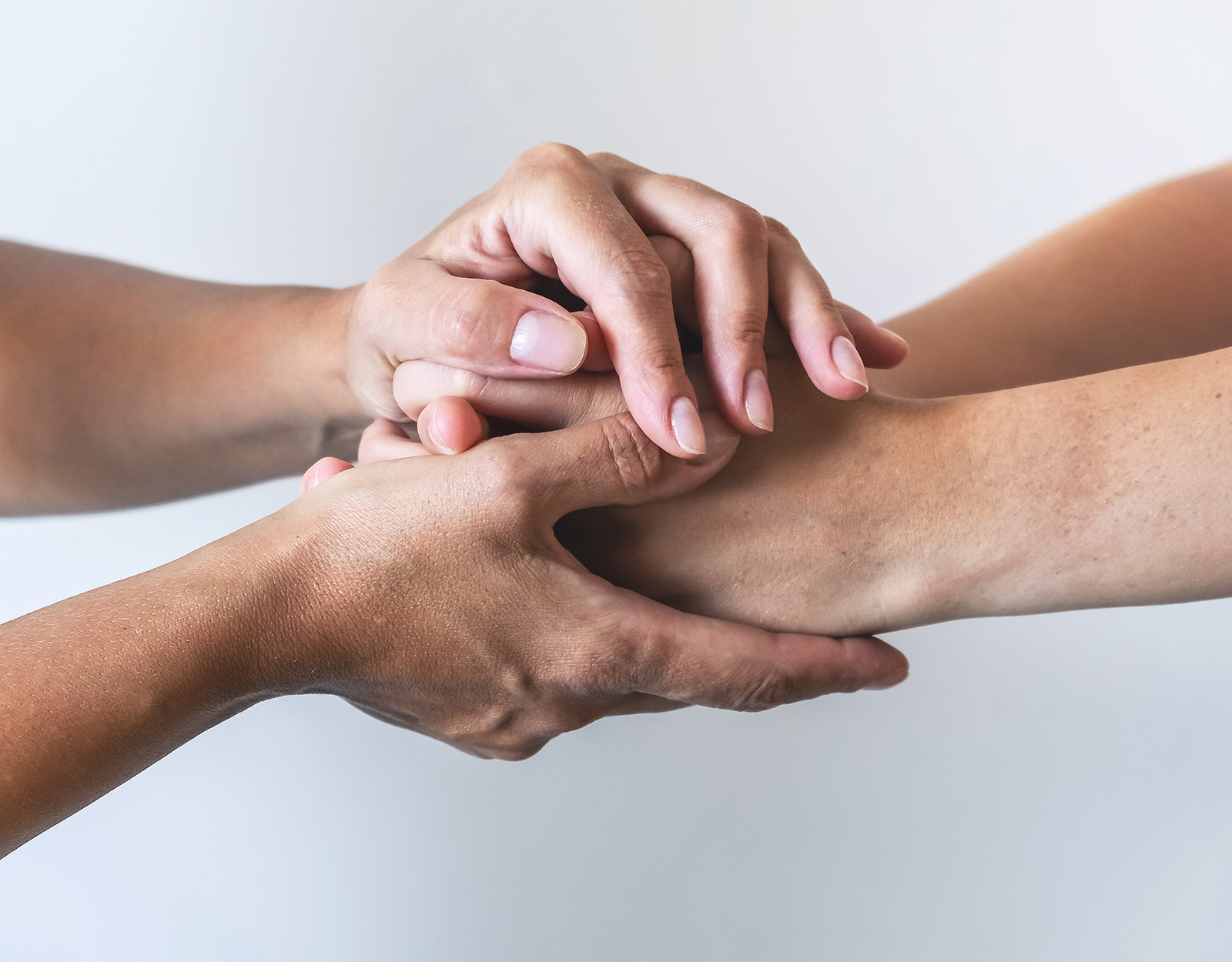
But there’s also nothing wrong in saying that we are not the safest place for them at the moment. There’s a lot to process amidst silence. For this Mental Health Awareness Month, let’s remind ourselves that sometimes, we don’t have to do. We just have to be.
More articles to boost Mental Health Awareness:
Sunshine Dizon: Lights, Courage, Closure!
7 Celebrity Moms Who Opened Up About Their Mental Health
Shamaine Buencamino Celebrates Her Late Daughter’s Birthday
